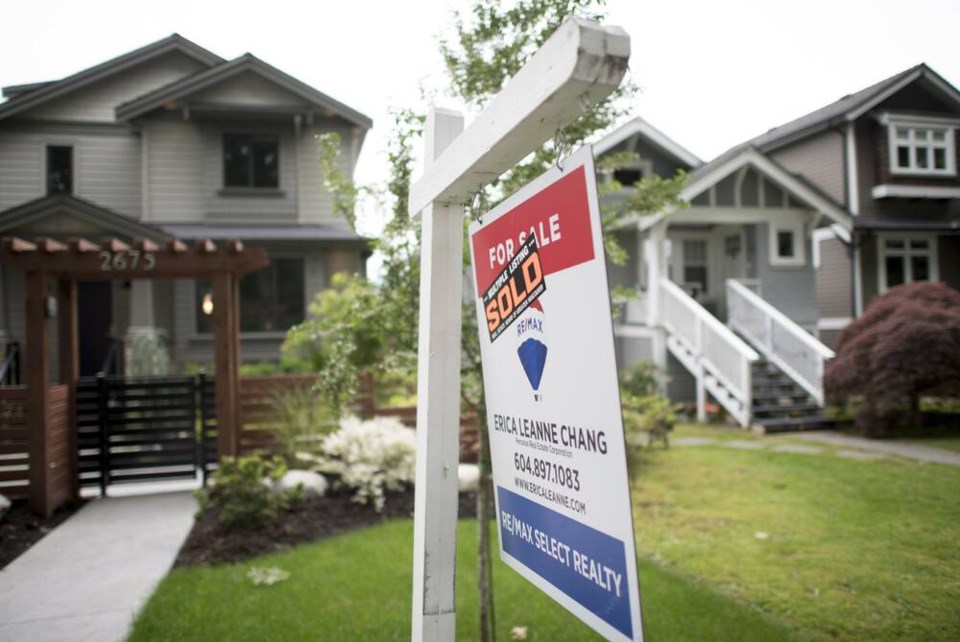The province’s announcement that it plans to impose a cooling-off period on home purchases took the industry by surprise and solves a “problem” that doesn’t exist, says the president of the Victoria Real Estate Board.
“We’re not sure what problem they are trying to solve with this,” David Langlois said Thursday.
“Our problems are in supply, municipal approval [for new housing projects], access to the market and attainability, none of which has anything to do with this.”
A cooling-off period would give buyers a limited amount of time to change their minds and cancel a purchase with little or no legal consequences.
Finance Minister Selina Robinson said the cooling-off period, similar to those already in place for pre-construction condominium sales, would give people making the biggest purchase decision of their lives time to make sure they’re doing the right thing.
“Especially in periods of heightened activity in the housing market, it’s crucial that we have effective measures in place so that people have the peace of mind that they’ve made the right choices,” Robinson said.
The B.C. Financial Services Authority has been tasked with consulting with key industry stakeholders and experts to help determine what a cooling-off period would look like. The government expects to get answers early in the new year, with the goal of introducing legislation in the spring.
Robinson said the cooling-off period plan is a response to what consumers, mortgage brokers and some real estate agents have been saying in the midst of a housing market with very low inventory and high demand.
She said buyers are feeling pressured into putting in unconditional offers, often without home inspections, in hopes of landing a new home.
But Langlois said the cooling-off period will do little more than add a layer of complexity to the sales process. “I don’t think that serves anybody,” said Langlois, noting it could hurt sellers by allowing buyers to tie up one or several properties while they decide which property they actually want. “So now you have buyers making life harder for other buyers.”
He pointed out that no one is forcing buyers to put in unconditional offers and a lot of delayed offers are still being submitted, often giving buyers as much as a week to do due diligence on a purchase.
Langlois said if the goal is consumer protection and providing the same opportunity to all buyers, a simple solution is to eliminate pre-emptive or bully offers — offers that come in ahead of a deadline and are designed to be more attractive to a seller and eliminate competition. “Say everything that goes on the market has to be exposed to the market for seven days, at which point you can consider offers,” he said. “That solves all the problems without having to build an entirely new regulatory regime around how we sell houses.”
Scott Travelbea, principal of Travelbea and Associates Mortgage Specialists, said the cooling-off period has the potential to drive up home prices.
In a market where multiple-offer situations are the norm, he said, buyers have two ways to separate their offers from the rest: price and conditions. “Conditions include financing and inspections, and if we remove the need for varying conditions by introducing a cooling-off period for everyone, the only factor that remains is price.”
Travelbea said that could result in buyers making higher offers than they might have previously.
Robinson said the province has asked the B.C. Financial Services Authority to consider all implications of the cooling-off period, including a financial-penalty system for buyers tying up properties.
The Financial Services Authority will consult with experts on other potential consumer protection measures, such as changing the existing blind-bidding system, where house shoppers don’t know what others are offering to pay, as well as what can be done about would-be buyers waiving conditions like home inspections in their offers. Blair Morrison, chief executive of the Financial Services
Authority and superintendent of real estate, said both buyers and sellers need to be supported and have time to make good financial decisions.



